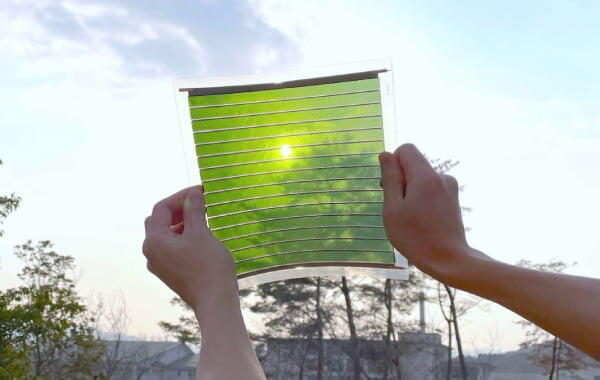Project Leader
R&D Areas
- JST TOP
- Strategic Basic Research Programs
- ALCA-Next
- Development of novel organic semiconductors and challenge for 20% efficiency in organic solar cells
Full-scale R&D
Development of novel organic semiconductors and challenge for 20% efficiency in organic solar cells

- R&D Period
- 2025.4-
- Grant Number
- JPMJAN25G1
Summary
Organic solar cells, also called organic photovoltaics (OPVs), based on organic semiconductors, which do not include toxic elements, in the photoactive layer are an important next-generation photovoltaic system with ultra-thinness, lightweight, and flexibility. OPVs also offer semi-transparency in contrast to the perovskite solar cells. Our team has succeeded in breaking through the current-voltage trade-off limit, a bottleneck in OPVs, by developing new materials and has obtained the world's highest level of power conversion efficiency.
In the full-scale R&D phase of the project, we will further develop novel organic semiconductors and simultaneously achieve high power conversion efficiencies of over 20% and high stability. We also aim to realize an efficiency of 15% in flexible OPV modules.
Our goal is to build fundamental technologies for efficient and stable OPV modules and to promote their practical application in windows and greenhouses where other solar cells cannot be used.

The flexible OPV module based on organic semiconductors developed in our feasibility study
R&D Team
Leading Institution
Graduate School of Advanced Science and Engineering, Hiroshima University
Collaborators
The University of Osaka, RIKEN, Kyoto University, Chiba University
Affiliation and job title should automatically appear from the information that a researcher registered with researchmap.Data may be outdated or undocumented.
When there is not a connection via the internet, data are not displayed.





